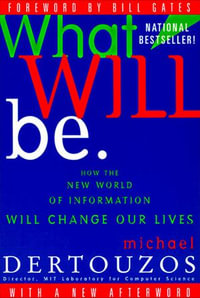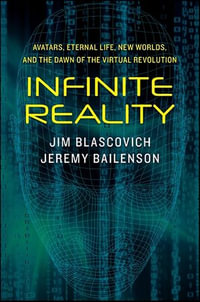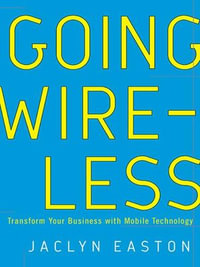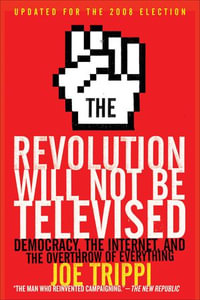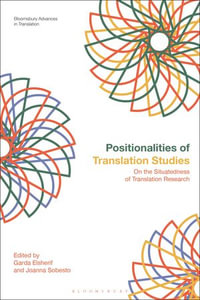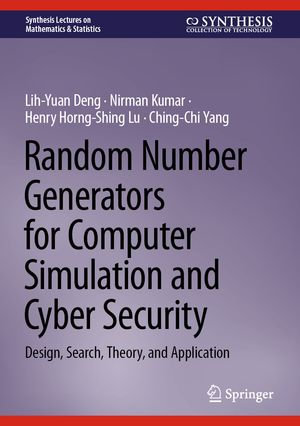
Random Number Generators for Computer Simulation and Cyber Security
Design, Search, Theory, and Application
By: Lih-Yuan Deng, Nirman Kumar, Henry Horng-Shing Lu, Ching-Chi Yang
eText | 7 March 2025
At a Glance
eText
$64.99
or
Instant online reading in your Booktopia eTextbook Library *
Why choose an eTextbook?
Instant Access *
Purchase and read your book immediately
Read Aloud
Listen and follow along as Bookshelf reads to you
Study Tools
Built-in study tools like highlights and more
* eTextbooks are not downloadable to your eReader or an app and can be accessed via web browsers only. You must be connected to the internet and have no technical issues with your device or browser that could prevent the eTextbook from operating.
ISBN: 9783031767227
ISBN-10: 3031767225
Series: Synthesis Collection of Technology (R0)
Published: 7th March 2025
Format: ePUB
Language: English
Publisher: Springer Nature
You Can Find This eBook In
This product is categorised by
- Non-FictionMathematicsApplied Mathematics
- Non-FictionMathematicsCalculus & Mathematical AnalysisNumerical Analysis
- Non-FictionComputing & I.T.Business ApplicationsMathematical & Statistical Software
- Non-FictionMathematicsProbability & Statistics
- Non-FictionMathematicsDiscrete Mathematics
- Non-FictionComputing & I.T.Computer ScienceMathematical Theory of ComputationMaths for Computer Scientists


